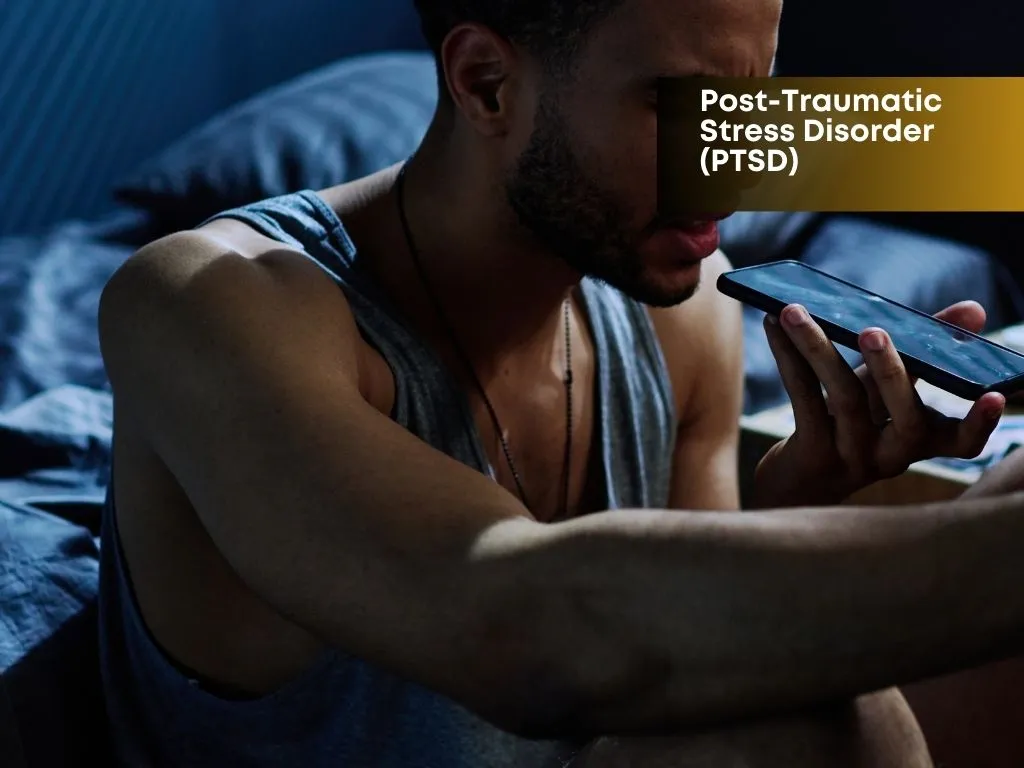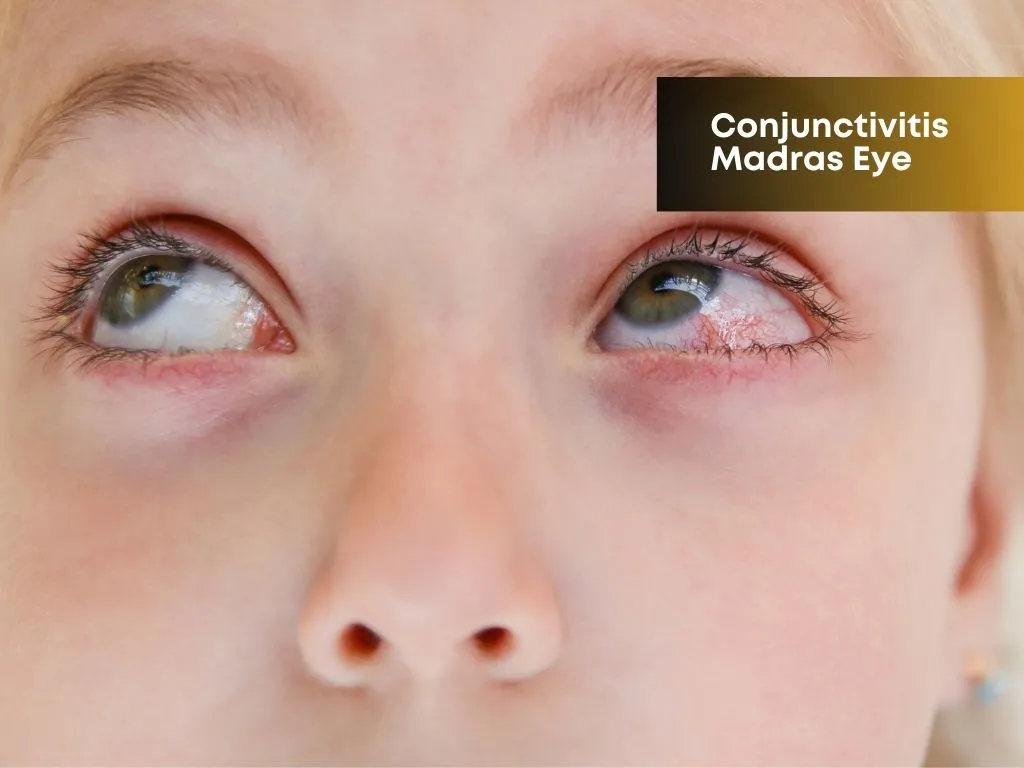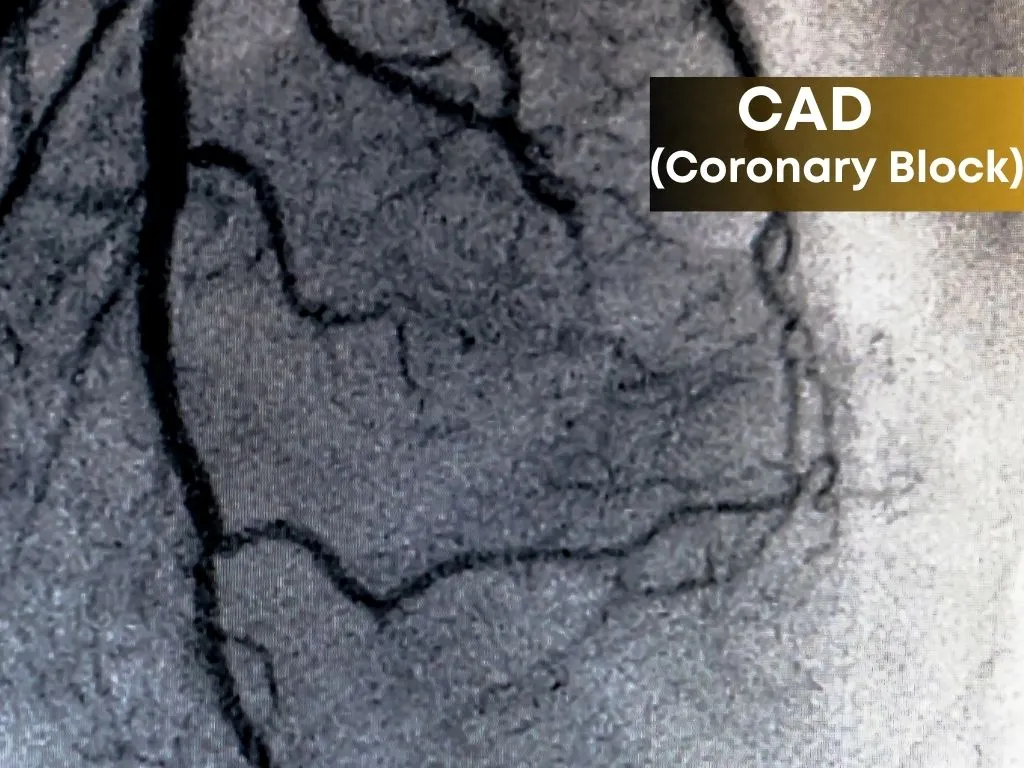Overview
Pruritus
refers to the sensation of itching on the skin, often leading to a desire to
scratch the affected area. It can be a symptom of various underlying
conditions, including skin disorders, allergies, infections, or systemic
diseases. Pruritus can be acute or chronic and may range from mild to severe. An
uncomfortable, irritating sensation that creates an urge to scratch that can
involve any part of the body. When this tingling or uneasy feeling persists for more than six weeks, it is referred to as chronic pruritus.
Causes
Common
causes of pruritus include:
Skin Conditions: Conditions such as eczema,
psoriasis, dermatitis, and fungal infections can cause itching.Allergies: Allergic reactions to
substances like pollen, certain foods, or insect bites can lead to
pruritus.Dry Skin: Lack of moisture in the
skin can result in itching.Insect Bites: Bites from mosquitoes,
fleas, or other insects can cause localized itching.Medications: Some medications may have
itching as a side effect.Liver or Kidney Disease: Certain liver or kidney
disorders can cause generalized itching.Neurological Conditions: Conditions affecting the
nervous system, such as neuropathy, may result in itching.
It can be
caused by many things, including:
Dry skinSkin diseasePregnancyCertain medicinesAllergiesDiabetesHIV / AIDSAgingCancer (this is rare)Gallbladder diseaseLiver disease
Symptoms
Itching: Pruritus is characterized by an uncomfortable sensation that prompts the desire to scratch the affected area. Itching can vary in intensity from mild to severe and may be intermittent or constant.
Redness: In some cases, the skin may appear red or inflamed in the area where itching occurs. This redness can result from scratching or may be a direct manifestation of the underlying cause of pruritus.
Dry or cracked skin: Itching can sometimes lead to dryness and cracking of the skin, particularly if the affected area is repeatedly scratched. This can further exacerbate discomfort and may increase the risk of infection.
Bumps or rash: Pruritus may be accompanied by the development of bumps, blisters, or a rash on the skin. The appearance of these skin changes can vary depending on the underlying cause of the itching.
Burning or stinging sensation: In addition to itching, some individuals may experience a burning or stinging sensation in the affected area. This sensation can contribute to overall discomfort and may be particularly bothersome.
Skin thickening: Chronic scratching or rubbing of the skin in response to itching can lead to thickening of the skin over time. This is known as lichenification and is characterized by an exaggeration of the skin's normal texture and appearance.
Sleep disturbances: Severe itching can interfere with sleep, leading to difficulty falling asleep or staying asleep throughout the night. This can further impact quality of life and overall well-being.
Treatment: Modern Medicine
Moisturizers: Regularly moisturizing the
skin can help reduce dryness and itching. Choose fragrance-free,
hypoallergenic moisturizers.Topical Corticosteroids: These anti-inflammatory
creams or ointments can be prescribed by a healthcare professional for
conditions like eczema or psoriasis.Antihistamines: Over-the-counter or prescription antihistamines can help relieve
itching associated with allergies or histamine release. Common examples include
diphenhydramine, loratadine, or cetirizine.Opioidergic Drugs: These include mu-opioid antagonists and kappa-opioid agonists. They work by modulating the opioid receptors in the body, which play a role in the sensation of itch.Neurokinin-1 Receptor Antagonists: These drugs block the action of neurokinin-1, a substance that transmits the sensation of itch from the skin to the brain.Biologic Drugs: These are medications that target specific parts of the immune system. They can be used to treat pruritus associated with conditions like psoriasis and atopic dermatitis.Janus Kinase Inhibitors: These drugs block the action of Janus kinases, enzymes that play a key role in the inflammatory process.Ileal Bile Acid Transporter Inhibitors: These are used for treating pruritus associated with liver diseases.Aryl Hydrocarbon Receptor Agonists and Histamine H4 Receptor Antagonists: These drugs are also being investigated for their potential in treating pruritus.Difelikefalin: This is a novel treatment option for pruritus associated with chronic kidney disease.Butorphanol: This is used for treating cholestatic pruritus, a type of itchiness that can occur in people with liver disease.
Please note that the choice of treatment depends on the underlying cause of pruritus, its severity, and the patient’s overall health condition. Therefore, it’s important to consult with a healthcare provider for an accurate diagnosis and treatment plan.
Treatment: Traditional Medicine
Cool Compress: Applying a cool compress or
ice pack to the affected area can provide temporary relief from itching.Oatmeal Baths: Taking a colloidal oatmeal bath
can soothe irritated skin. Oatmeal has anti-inflammatory properties that
can help alleviate itching.Hydration: Drinking plenty of water
helps maintain skin hydration from the inside out, reducing the
likelihood of dry skin.Herbal Medicine: Herbal remedies involve using plant-based materials (such as leaves, roots, or flowers) to address various health conditions. Chamomile tea is known for its calming effects and may help with sleep and relaxation.Turmeric has anti-inflammatory properties and is used in Ayurvedic medicine.
Caution
Avoid Irritants: Identify and avoid substances that may trigger or worsen itching, such as harsh soaps, certain fabrics, or specific skincare products.Limit Water Exposure: Try to keep baths and showers short, less than 20 minutes. Avoid hot water; use lukewarm water instead.Moisturize: Use skin creams and lotions that moisturize your skin and prevent dryness. Use gentle moisturizing creams or ointments (such as petroleum jelly) often, especially after bathing.Sun Protection: Use sunscreens regularly to prevent sunburns and skin damage.Avoid Scratching: Scratching can worsen the itch and can lead to infection. Apply cool compresses to itchy areas to help soothe the itch.Seek Medical Help: If the itching is persistent, severe, or associated with other concerning symptoms, it’s important to seek medical attention. A healthcare provider can help identify the underlying cause and provide appropriate treatment.
Remember, these are general precautions and may not apply to everyone. Always consult with a healthcare provider for personalized advice3.
Prevention
Shower in Lukewarm Water: Hot water can dry out your skin and exacerbate itching. Instead, opt for lukewarm water when bathing or showering.Moisturize Your Skin: Apply a moisturizer after showering and throughout the day to keep your skin hydrated. This can help prevent dryness, which can lead to itching.Use Mild Soaps: Some soaps can be harsh and irritating to the skin. Using a mild soap can help prevent skin irritation.Sun Protection: Regular use of sunscreens can prevent sunburns and skin damage, which can lead to itching.Reduce Stress and Anxiety: Stress and anxiety can sometimes exacerbate itching. Engaging in stress-reducing activities like yoga, meditation, or deep breathing exercises may help.
 Nalamaree Team
Nalamaree Team




















.jpg.webp)
